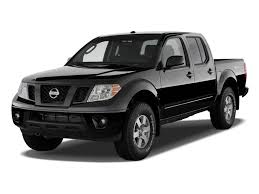frontier
英 [ˈfrʌn.tɪər]
美 [frʌnˈtɪr]
- n. 前沿;边界;国境
- adj. 边界的;开拓的
- n. (Frontier)人名;(法)弗龙捷
使用频率:

记忆方法
将“frontier”联想为“front”(前面)+ “ier”(表示地点或位置),想象一个向前开拓、不断探险的边界地带,即“前沿”或“边界”。这样可以帮助记住其含义为一个地区的边界或最前线的地区。
以上内容由AI生成, 仅供参考和借鉴
中文词源
frontier 拓荒者,边远地区居民
来自front,前面的,原义为前线部队,边疆。后用于美国西部大开发时期拓荒者,边远居民。
英语词源
- frontier (n.)
- c. 1400, frowntere, "front line of an army;" early 15c., fronture, "borderland, part of a country which faces another," from Old French frontiere "boundary-line of a country," also "frontier fortress; front rank of an army" (13c.), noun use of adjective frontier "facing, neighboring," from front "brow" (see front (n.)). In reference to North America, "part of the country which is at the edge of its settled regions" from 1670s. Later it was given a specific sense:
What is the frontier? ... In the census reports it is treated as the margin of that settlement which has a density of two or more to the square mile. [F.J. Turner, "The Frontier in American History," 1920]
权威例句
- 1. A "frontier-free" Europe implies a greatly increased market for all economic operators.
- “无国界的”欧洲对所有经营者来说都意味着一个大大扩展了的市场。
- 2. Until very recently Texas was an unsettled frontier.
- 就在没多久之前,得克萨斯州还是一个荒无人烟的边远地区。
- 3. the frontier between the land of the Saxons and that of the Danes
- 撒克逊人土地和古斯堪的纳维亚人土地的边界
- 4. There were very few border controls on the southwestern frontier.
- 西南国界上没几个边境检查站.
- 5. The frontier station was starved for food and water.
- 边防站急需食物和水.